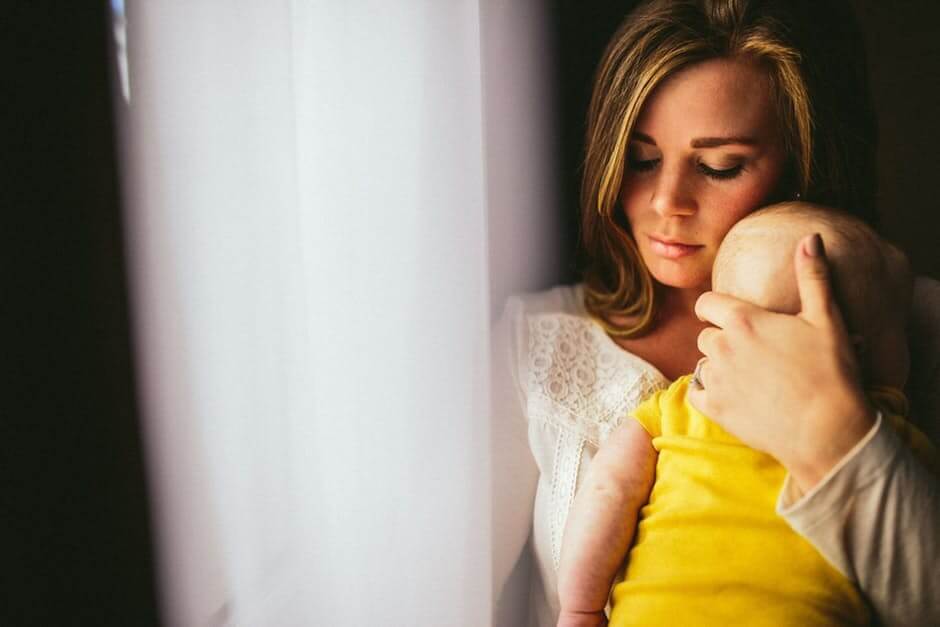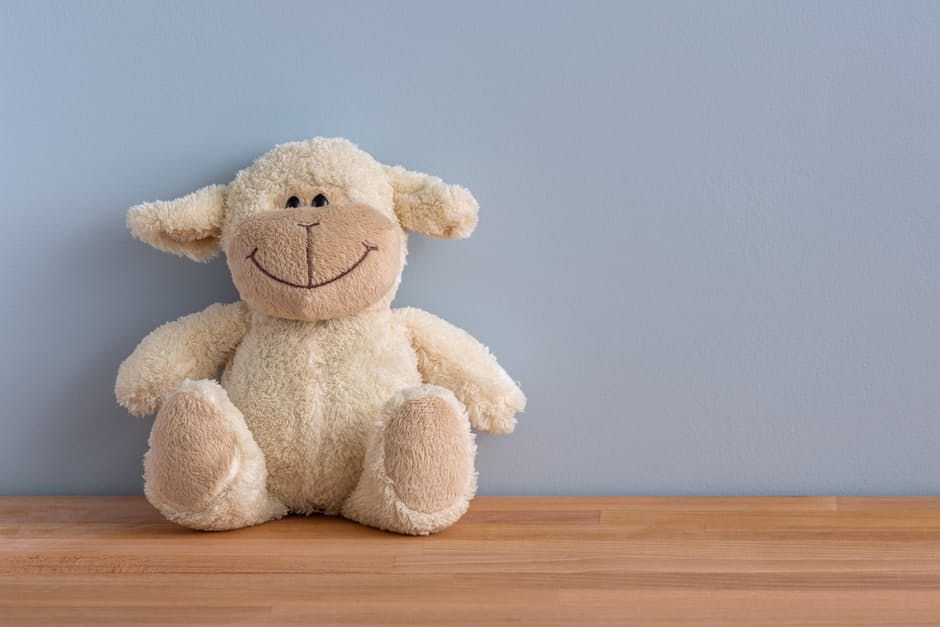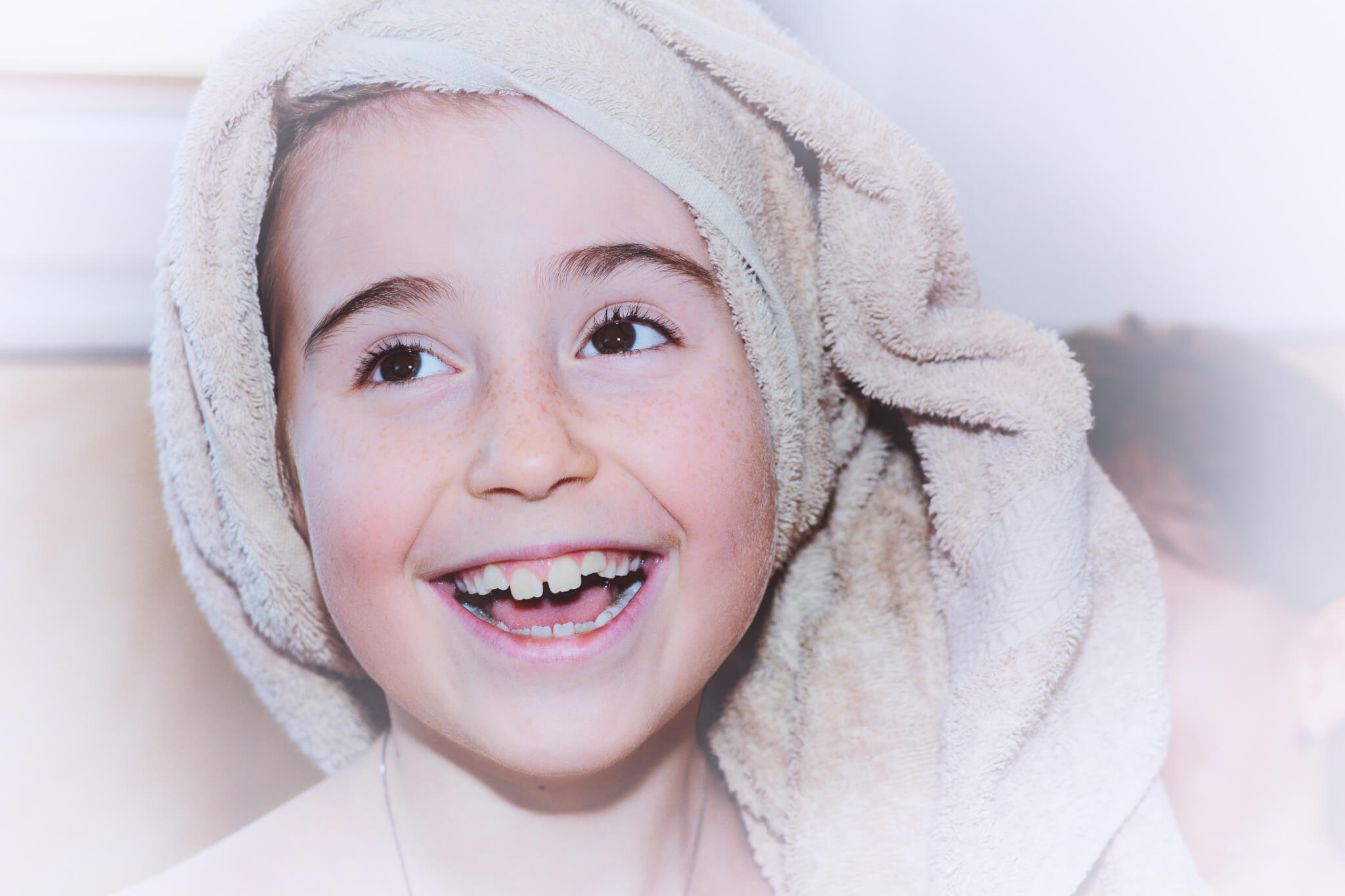Sometimes children get ill, in fact, the chances are by the time a child is twelve they’ll have had at least five, if not more of the most common childhood illnesses.
Short of keeping them in a quarantined area, or forcing them to live their lives in a plastic bubble, there’s not much we can do to stop kids getting sick but is there anything to prevent you coming down with the same dreaded lurgy your child’s only just managed to fight off?

Pexels Image At: Unsplash
Believe it or not, keeping your own immune levels as well as your child’s up is vital as if you’re feeling run down, tired or lacking vitamins or minerals it’ll definitely impede on your ability to look after them properly. Make sure you’re all drinking plenty of orange juice as it contains Vitamin C, getting plenty of sunshine and fresh air, are exercising three times a week for at least half an hour and eating a varied, balanced diet as this will help you bounce back quicker.
Stomach Upset
If your child’s got a stomach bug, they’ll probably be sweaty, nauseous and listless as well as refusing to eat and spending a lot of time in the bathroom. The good news is that stomach bugs rarely last longer than twenty-four to forty-two hours, so if symptoms haven’t abated or have gotten worse, then it’s vital you take them to a doctor as it could be food poisoning.

Pexels Image: Tetyana Kovyrina
Avoid any illness spreading by curbing the infection, make sure everyone is washing their hands after using the bathroom, before mealtimes and that cups, plates, toys, and snacks aren’t being shared with anyone else.
Keep yourself free of infection by washing your hands after changing their diaper, or after helping them on the toilet. Don’t leave any soiled clothes, down pillows or sheets lying in the wash basket as you’ll want to toss those in the washing machine ASAP. Clean any common area such as the toilet, sink, bin, and shower that may have been infected every few days with a diluted bleach solution of one part bleach to ten parts water and wash everything thoroughly.
Colds And Flu
Remember when you only had a cough or cold a couple of times a year? Being a mother means the chances are when your kids start sniffing, coughing and complaining of a sore throat it’ll be less than seventy-two hours later when you’ll sense a telltale tickle yourself.

Pexels Image: Pixabay
Avoid any germs from spreading by making sure you keep washing your hands. If you can’t always get to a sink a small spritz of hand sanitizer will do and avoid touching contaminated surfaces. Burn some tea tree oil in an oil burner, swallow a couple of echinacea tablets and boost your water intake as well as avoiding picking up infected tissues with your bare hands.
Try to limit physical contact as colds are spread through hugs, kisses and even playing with the same toys. It’s also important that you show your child how to wipe their nose properly and learn to cough away from other people.
Don’t neglect your own health while looking after them so if you need to take a break, call for reinforcements or swap duties with your partner for a while then do so. A good night’s sleep is vital so look to get at least seven to eight hours sleep per night. We know sleep’s difficult with younger kids but do try to grab cat naps throughout the day, aim for a twenty minute, half hour an hour if you can manage it, power nap as they work wonders!
Conjunctivitis

Pexels Image: Pixabay
Sometimes known as pinkeye this bacterial eye infection occurs because kids aren’t as careful as adults are when it comes to rubbing their face. Children have a habit of sticking their fingers where they shouldn’t, not washing their hands regularly and sitting next to dirty, or unclean things and thinking it’s then fun to investigate.
Viral conjunctivitis tends to run its course after seven days, but a bacterial one will need antibiotics. Control the infection by making sure your child doesn’t keep touching their face and has a clean set of towels. Use a special washcloth, cleaned daily, for the infected eye which can help calm the irritation and wash any toys, bedding or clothes that may have germs on them.
Limit contact with siblings and other children until the episode has cleared up. Remember, keep them away from school until there are no signs of conjunctivitis and their doctor’s given them a clean bill of health.